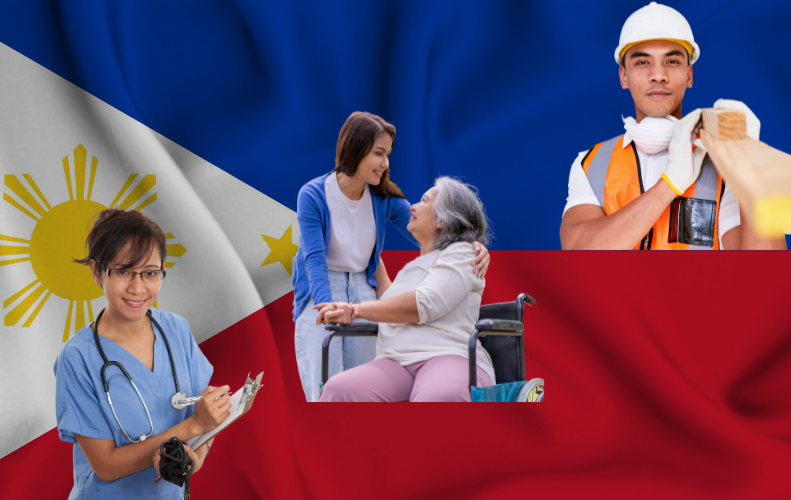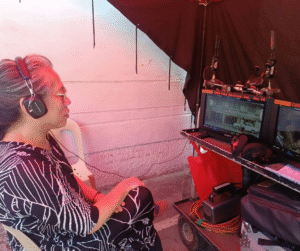Liezel Longboan
The UK government has announced a five-point plan to reduce legal migration. Home Secretary James Cleverly said that the changes will take effect next spring “to deliver the biggest ever reduction in net migration.”
The Office for National Statistics (ONS) estimates that net migration – the difference between the number of coming to the UK and those leaving – was at a record high of 745,000 in 2022.
Filipinos, many of them working in the NHS and private healthcare facilities, posted their concerns about the new visa policies on several Facebook groups.
Based on the latest government data, there are 34,652 Filipino staff working in the NHS in England. There are no available data from Wales, Scotland and Northern Ireland.

Data in the adult social care sector in England show that 6% of the 1.5 million filled vacancies are of Filipino ethnicity. Extrapolating its 2021-2022 data, there may be some 90,000 care workers from the Philippines in England alone.
Here is a quick guide about the changes in UK immigration policies and how they may affect Filipino workers.
When will the new immigration rules take effect?
The Home Secretary said that they will be implemented in spring 2024.
Who are required to meet the minimum salary of £38,700?
Skilled workers who are not covered by the exemptions must meet the minimum pay of £38,700 to come to the UK. Filipinos working as chefs or butchers and other middle-skilled jobs where the salary is likely to be less than £30,000 may be affected by this new policy.
British citizens and settled persons who want to bring their family to Britain must also meet the new salary requirement.
Who are exempt from the new salary threshold?
Exempt from the new minimum salary of £38,700 are the following:
- Those who work in the health and care sector such as the NHS and private healthcare providers.
- Employees in national pay scales such as teachers.

What rules do NOT apply to those working in the NHS?
The following rules will NOT apply to overseas staff working in the NHS:
- The new minimum annual salary threshold of £38,700.
- The ban on bringing dependents to the UK.
- The increase in the healthcare surcharge. Those employed under the health and care visa and their dependents are exempt from paying the healthcare surcharge.
What about care workers? What changes will affect them?
- Care workers are exempt from the new minimum salary requirement of £38,700. They continue to be exempt from paying the health surcharge.
- However, care workers will no longer be able to bring their family to the UK.
What is the new immigration health surcharge fee?
The immigration health surcharge, the annual fee that visa holders must pay to use the NHS, will rise from £624 to £1,035.
Among those exempted from paying this fee are the following: health and care workers and their dependents, those applying for indefinite leave to enter or remain, asylum seekers, domestic workers who have been identified as victims of slavery or human trafficking, those granted domestic violence concession by the Home Office.
See the full list of exemptions here.
Are there new rules for overseas graduate students?
The government is reviewing the graduate visa scheme which allows overseas students to stay in the UK for at least two years after completing their degree.
However, from January 2024, international students will not be able to bring their dependents to the UK unless they are enrolled in postgraduate research courses.
Disclaimer:
Content published by Tinig UK is for general information purposes only and does not constitute legal, medical, financial or professional advice. While we aim to ensure accuracy, we make no representations or warranties as to completeness or reliability. Readers should seek appropriate professional advice for their individual circumstances.













